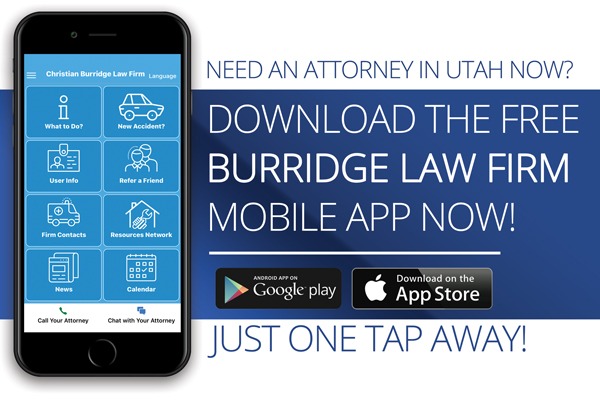Dealing with Insurance Companies: Protecting Your Interests After Being Rear-Ended
Navigating insurance claims after a rear-end collision can be complicated. Understanding the process helps ensure you receive fair compensation.
Reporting the Accident
Contact your insurance company as soon as possible after the accident, even if you weren’t at fault. Most policies require prompt notification, and delays could jeopardize your coverage.
Understanding Fault in Rear-End Collisions
In most cases, the driver who rear-ends another vehicle is presumed at fault. However, there are exceptions:
- If you reversed suddenly
- If your brake lights weren’t functioning
- If you stopped abruptly without cause
- If you had a flat tire but didn’t pull over or use hazard lights
Be Careful What You Say When speaking with any insurance representative:
- Stick to facts about when and where the accident occurred
- Don’t offer opinions about fault or causation
- Never say “I’m fine” or minimize injuries
- Don’t provide recorded statements without understanding their purpose
- Consider consulting an attorney before accepting any settlement
Understanding Compensation A fair settlement should cover:
- Medical expenses (current and future)
- Lost wages
- Vehicle damage
- Rental car costs
- Pain and suffering in serious cases
When to Consider Legal Help Consider consulting an attorney if:
- You’ve sustained significant injuries
- The insurance company denies your claim
- The settlement offer seems too low
- The at-fault driver was uninsured or underinsured
- Fault is being disputed
Remember that insurance companies aim to minimize payouts. Being informed and cautious helps ensure you receive fair compensation for your damage and injuries.
People Also Ask
- Is Utah a no-fault state for car accidents? Yes, Utah is a no-fault state, meaning each person’s own insurance covers their medical expenses through Personal Injury Protection (PIP) regardless of who caused the accident. However, property damage claims still go through the at-fault driver’s insurance.
- What are the damages of being rear-ended? Damages from rear-end collisions often include vehicle repair costs, medical expenses for injuries like whiplash or concussions, lost wages, rental car expenses, and potentially compensation for pain and suffering in serious cases.
- How is fault determined in a car accident in Utah? In Utah, fault is determined through police reports, witness statements, physical evidence at the scene, and sometimes accident reconstruction. While the rear driver is typically presumed at fault, this can be contested if evidence shows the front driver contributed to the accident.
- What counts as a rear-end in an accident? A rear-end collision occurs when a vehicle hits the back of another vehicle. This includes any impact where the front end of one vehicle collides with the rear portion of another, regardless of whether both vehicles were in motion or one was stopped.



